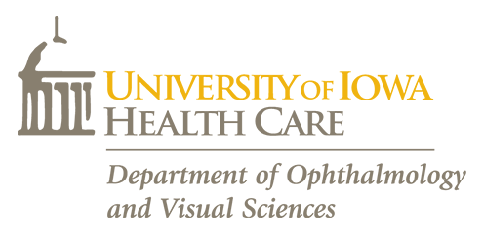Bardet-Biedl syndrome (BBS) is a genetically heterogeneous autosomal recessive disorder characterized by obesity, retinal degeneration, polydactyly, hypogenitalism and renal defects. Recent findings have associated the etiology of the disease with cilia, and BBS proteins have been implicated in trafficking various ciliary cargo proteins. To date, 17 different genes have been reported for BBS among which BBS1 is the most common cause of the disease followed by BBS10, and BBS4. A murine model of Bbs4 is known to phenocopy most of the human BBS phenotypes, and it is being used as a BBS disease model. To better understand the in vivo localization, cellular function, and interaction of BBS4 with other proteins, we generated a transgenic BBS4 mouse expressing the human BBS4 gene under control of the beta actin promoter. The transgene is expressed in various tissues including brain, eye, testis, heart, kidney, and adipose tissue. These mice were further bred to express the transgene in Bbs4 null mice, and their phenotype was characterized. Here we report that despite tissue specific variable expression of the transgene, human BBS4 was able to complement the deficiency of Bbs4 and rescue all the BBS phenotypes in the Bbs4 null mice. These results provide an encouraging prospective for gene therapy for BBS related phenotypes and potentially for other ciliopathies.
Ectopic expression of human BBS4 can rescue Bardet-Biedl syndrome phenotypes in Bbs4 null mice.
Journal:
PLoS One.
Additional Information:
2013; 8(3): e59101.
Publication Date:
Mar 15 2013
Pubmed ID:

